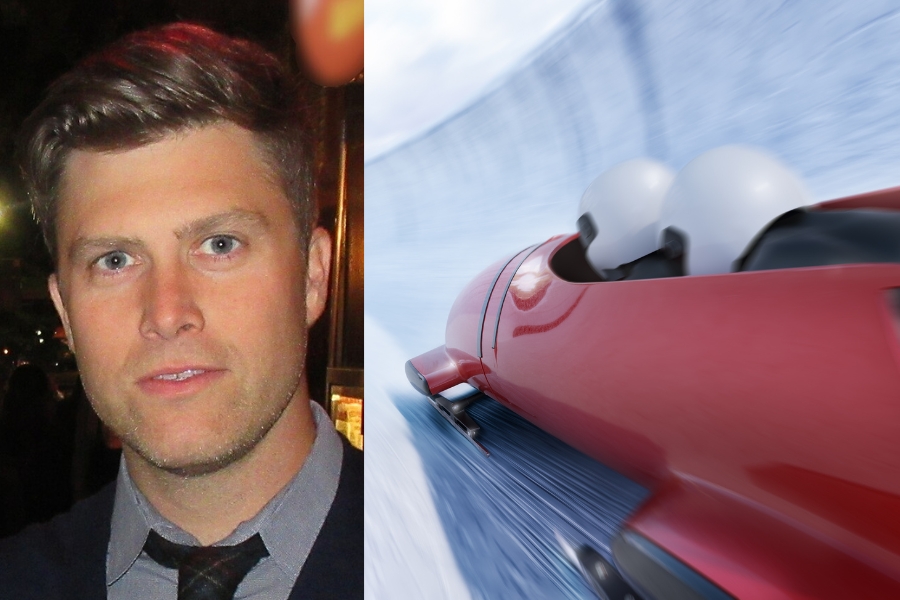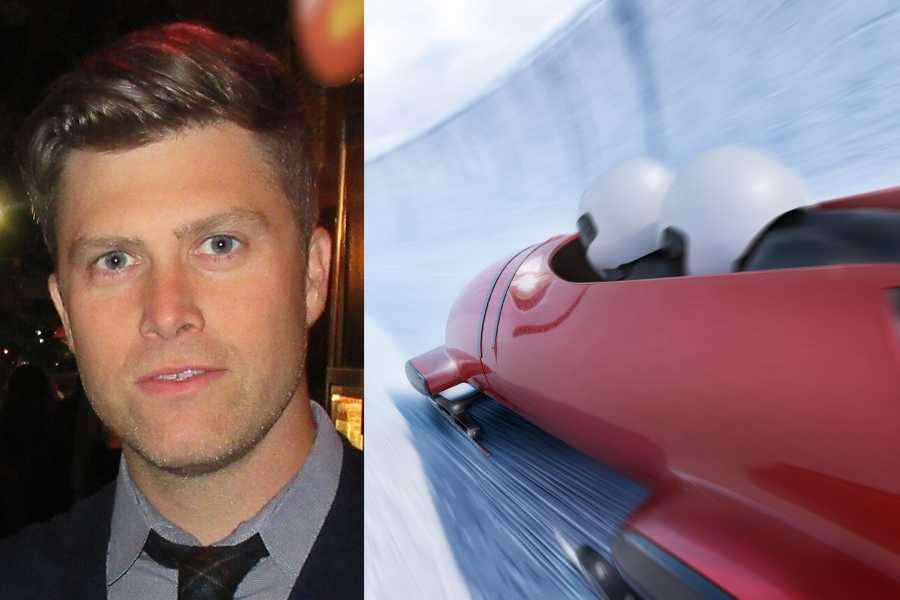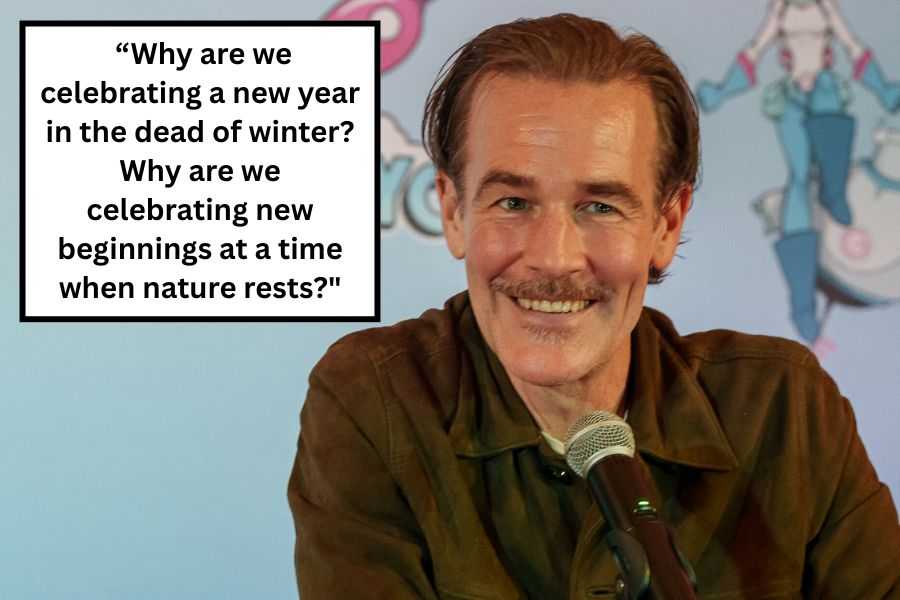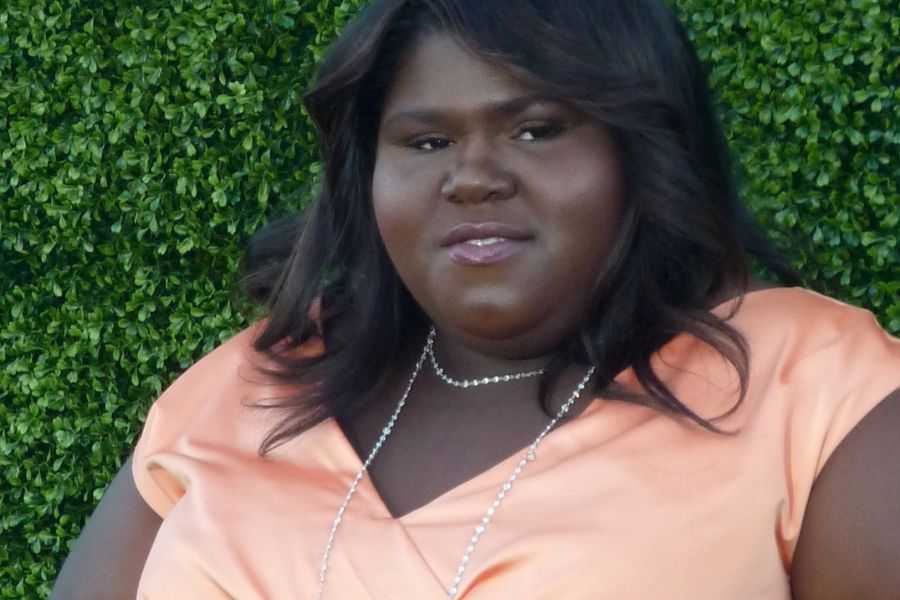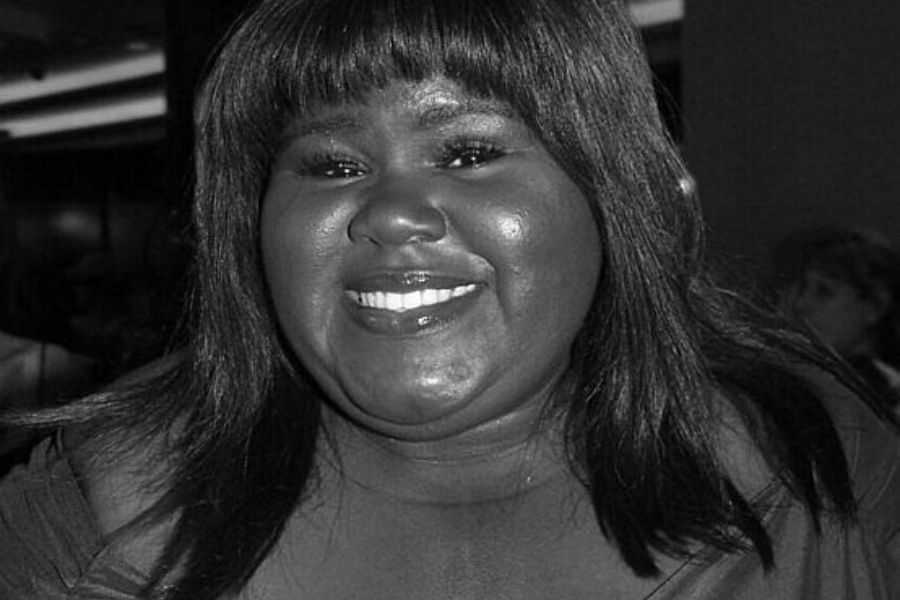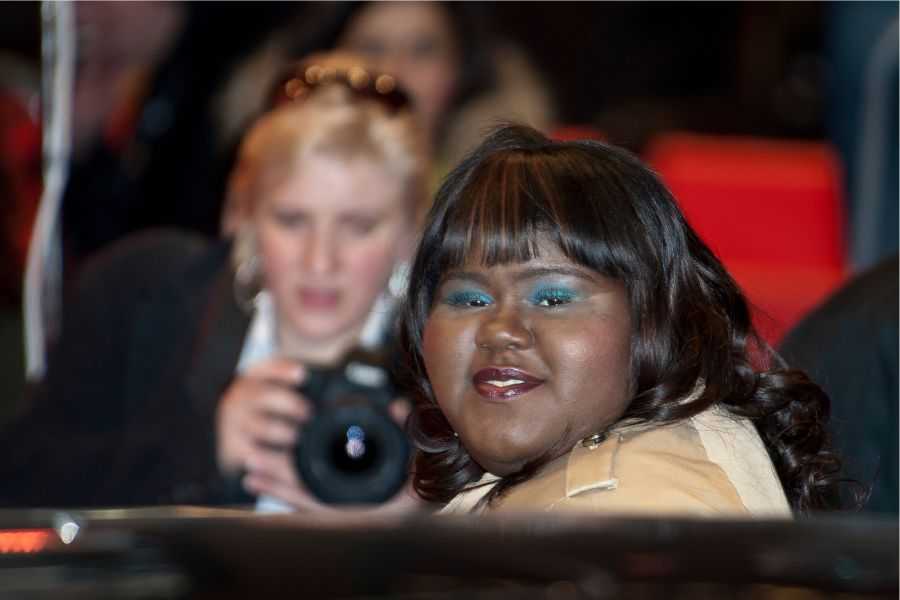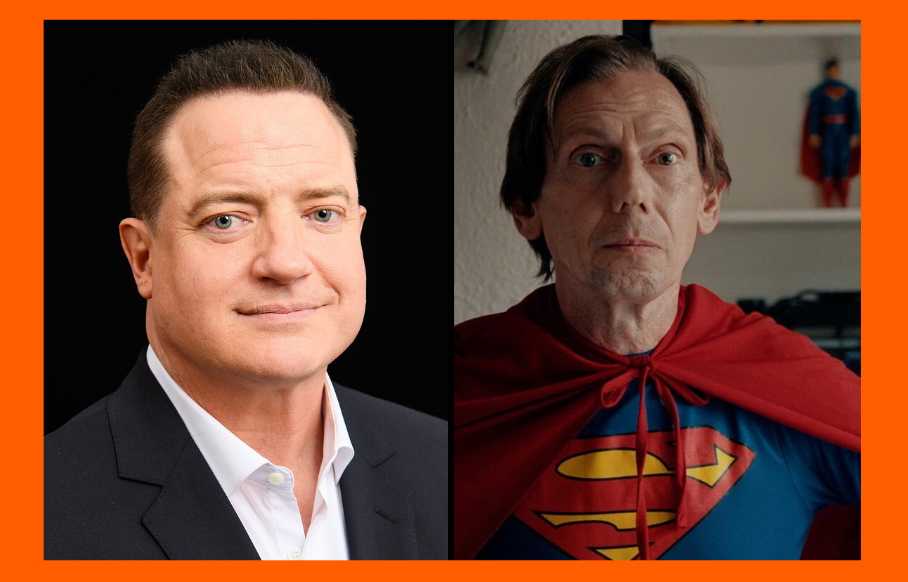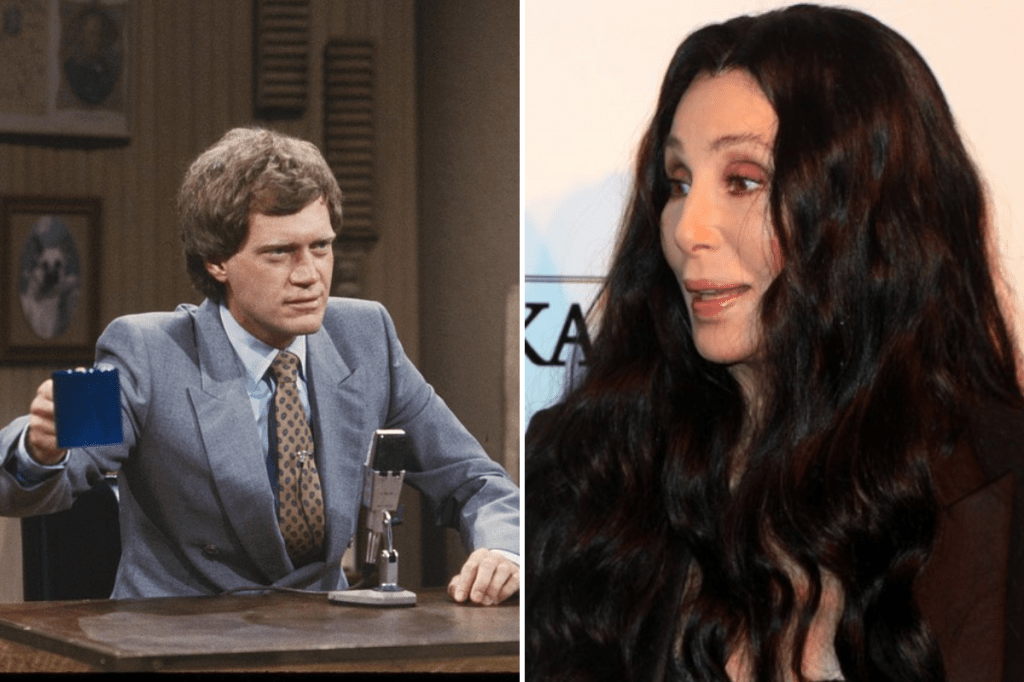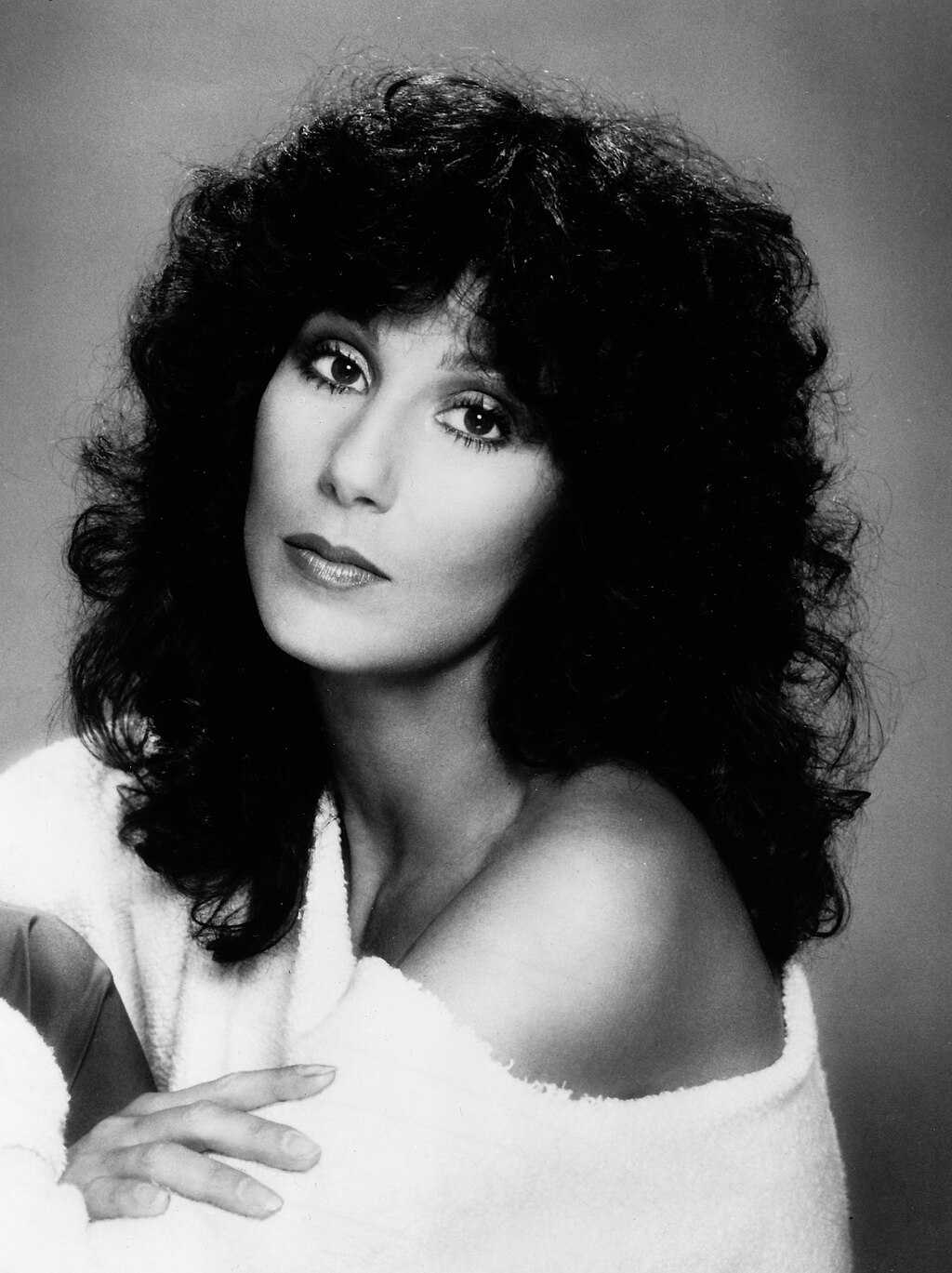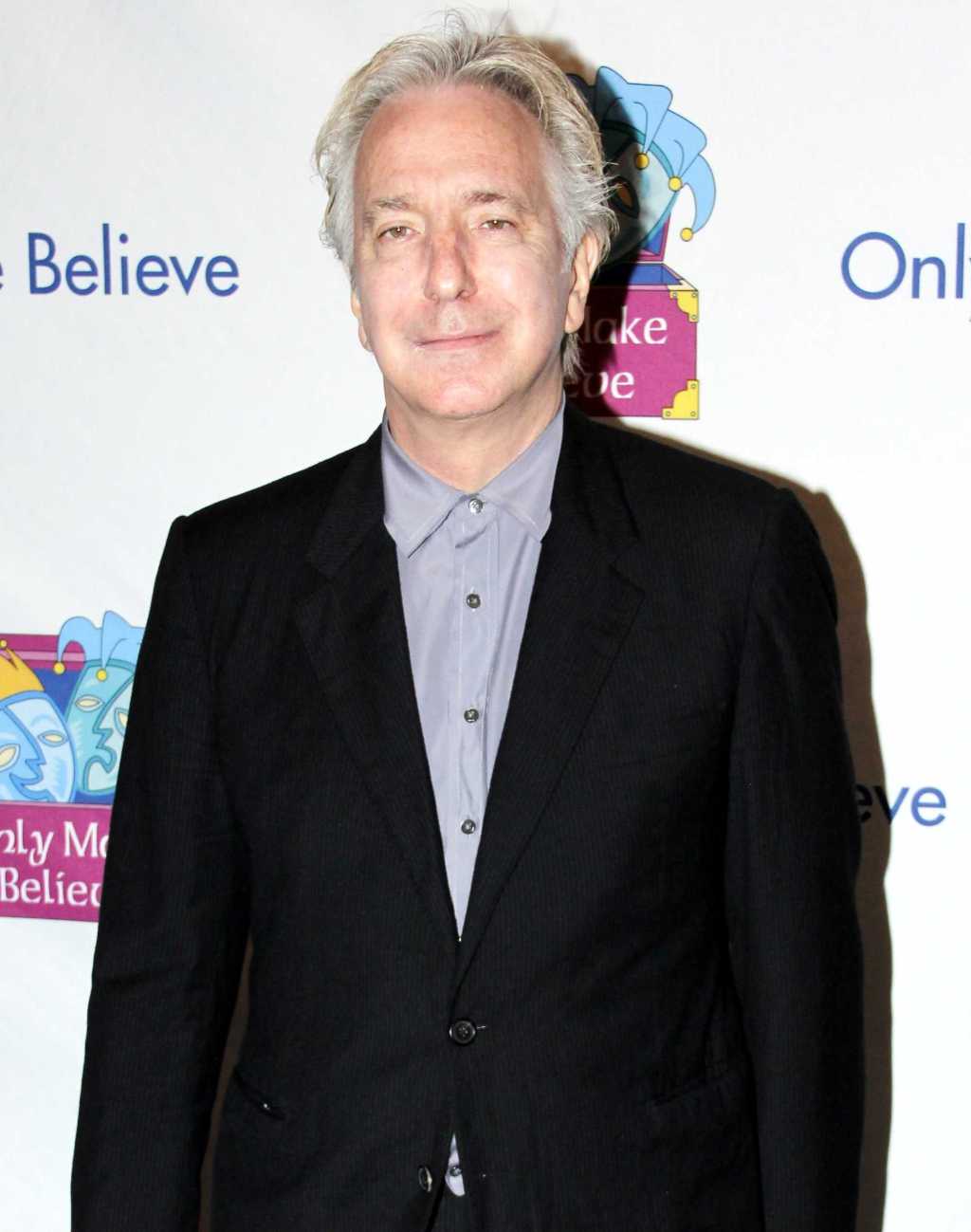Actor Alan Rickman gave us so many memorable characters, from the terrorist Hans Gruber in “Die Hard” to the evil hero Severus Snape in “Harry Potter” to the unfaithful husband who broke Emma Thompson’s heart in “Love Actually.”
Though he was often cast as a villain, Rickman’s distinctive voice and irresistable screen presence made audiences love him. He brought a unique human touch even to his most odious bad guy characters, a quality that makes perfect sense when you hear Thompson, his friend and co-star in seven films, talk about his character in real life.
In a moving tribute upon the release of his diaries, Thompson shared insights into the virtues and quirks that made Rickman “blissfully contradictory.”
Thompson is at the top of her award-winning writer game here, and her words about Alan Rickman are filled with heart, wit, respect, admiration and love. It’s truly a eulogy for the ages.
Watch (or read the full transcript below):
People love Thompson’s tribute to her friend and some have even shared their own stories of their encounters with Alan Rickman:
“A close friend of mine bumped into him in a theatre in London many years ago. My friend instantly recognised Mr Rickman and from nowhere, instantly found the courage to ask him for his autograph. Having neither pen nor paper for this, he asked Mr Rickman if he would mind waiting a moment whilst he collected the items from somewhere, anywhere! The moment became at least 10 minutes or so, and when my friend ran back to a now empty theatre foyer, he noticed one solitary figure. Mr Rickman had waited patiently for my friend to give him what he asked for.”
“I was lucky enough to work with him on a film. At lunchtime I joined the line for a meal and as I payed and went to turn to look for a table, someone knocked into me from behind and my drink went flying. I turned and it was Alan, he apologized put his hand on my shoulder and said let me get you another. He came back with a cup of tea and I was so overwhelmed. I was shocked how he was so down to earth and a real gentleman.”
“I meet him once in Boots and said hello, he realised it was a reflex to recognising a known face. He picked up an item we both were looking at, smiled and said “well hello there are we going to arm wrestle for this?” That deep tone rendered me mute, I realised it was Mr Rickman and instantly denied needing this forgotten thing, apologised for well nothing really, smiled and backed away. He was a giant of a fellow on and off the stage and will be missed.”
“Everything she said is true. I was fortunate to have dinner with him and his wife and his drama teacher. He was charming and friendly and shared some great ideas about directing, which I use today in my theater group. He is missed by many.”
Indeed he is.
Here’s the full transcript of Thompson’s tribute:
“The most remarkable thing about the first days after Alan died was the number of actors, poets, musicians, playwrights and directors who wanted to express their gratitude for all the help he’d given them. I don’t think I know anyone in this business who has championed more aspiring artists nor unerringly perceived so many great ones before they became great. Quite a number said, latterly, that they’d been too shy to thank him personally. They had found it hard to approach him. And of all the contradictions in my blissfully contradictory friend (hold on, Thompson), this is perhaps the greatest this combination of profoundly nurturing and imperturbably distant.
He was not, of course, distant. He was alarmingly present at all times the inscrutability was partly a protective shield. If anyone did approach him with anything like gratitude or even just a question, they would be greeted with a depth of sweetness that no one who didn’t know him could even guess at. And he was not, of course, unflappable. I could flap him like nobody’s business and when I did he was fierce with me and it did me no end of good.
He was generous and challenging, dangerous and comical, sexy and androgynous, virile and peculiar, temperamental and languid, fastidious and casual, the list could go on. I’m sure you can add to it. There was something of the sage about him, and had he had more confidence and been at all corruptible, he could probably have started his own religion.
His taste in all things from sausages to furnishings appeared to me anyway to be impeccable. His generosity of spirit was unsurpassed and he had so much time for people I used to wonder if he ever slept or ever got time for himself. A word not traditionally associated with Alan is gleeful, but when he was genuinely amused he was absolutely the essence of glee. There would be a holding back as the moment built, and then a sudden leaning forward and a swinging around of the torso as a vast, impish grin flowered, sometimes accompanied by an inarticulate shout of laughter. It was almost as if he was surprised by himself. It was my life’s mission to provide those moments. I remember Imelda Staunton nearly killing him by telling him a story about my mother and an unfortunate incident with some hashish—it’s a really good story, I won’t tell it now—I’ve never seen him laugh more before or since. It was a bit like watching someone tickling the Sphinx.
One Christmas Eve party I had a sprig of mistletoe hanging up at home, and I was loitering under it and turned to find Alan bearing down on me. I lifted up my chin hopefully. He smiled and approached. I puckered. He leaned in under the mistletoe and a sudden change came over his face. His eyes started to glitter and his nostrils to quiver. He lifted up a hand, reached in, and pulled a longish hair out of my chin. ‘Ow!’ I said. ‘That’s an incipient beard,’ he said, handing me the hair and walking off.
That was the thing about Alan—you never knew if you were going to be kissed or unsettled, but you couldn’t wait to see what would come next. And the trouble with death is that there is no next. There’s only what was, and for that, I am profoundly and heartbrokenly grateful. So the last thing we did together was change a plug on a standard lamp in his hospital room. The task went the same way as everything we have ever done together. I had a go. He told me to try something else. I tried. It didn’t work, so he had a go. I got impatient. I took it from him. I tried it again. It still wasn’t right. We both got slightly irritable, then he patiently took it all apart again and got the right lead into the right hole. I screwed it in with a screwdriver. We complained about how fiddly it was, and then we had a cup of tea. Took us at least half an hour, this thing, and he said after, ‘Well it’s a good thing I decided not to become an electrician.’
I’m still heartbroken that Alan’s gone, but these diaries bring back so much of what I remember of him. There is that sweetness I mentioned, his generosity, his champion of others, his fierce, critical eye, his intelligence, his humor. He was the ultimate ally in life, art, and politics. I trusted him absolutely. He was, above all things, a rare and unique human being and we shall not see his like again.”
This article originally appeared last year.






